
«I didn’t wear rose-colored glasses, I was perfectly aware of all the pros and cons.» Life in Sweden: prices, salaries, pros and cons
What is the standard of living in Sweden and what are the average salaries there? Julia Antonova-Andersson told us about everyday life in this country, permanent residence and citizenship, Swedes and the peculiarities of the real estate market.
«I fell in love with Sweden and its language thanks to Roxette»
— I was born in 1980 in Moscow, where I lived my entire life before moving. There I received two higher education majors: pedagogical and psychological. I work in my first profession: I teach Swedish online, and now I also guide tours around Stockholm and Sweden, create routes around the country, write guidebooks and books on its culture and history.
I fell in love with Sweden and the language of this country thanks to Roxette, whose songs I became acquainted with back in the 90s. I learned Swedish, started traveling around the country, and wrote several guidebooks. I made friends, and gradually I saw the country from the inside, I understood how things work here.
Although the move to Sweden was not planned, it went quite smoothly: I didn’t wear rose-colored glasses, I was well aware of all the pros and cons.
Now I live in a small village 30 km from the center of Stockholm, which can be reached by train. I was moving in with my husband, who bought a house here. For several years I lived in two countries and planned to continue this way, but the pandemic made its adjustments.

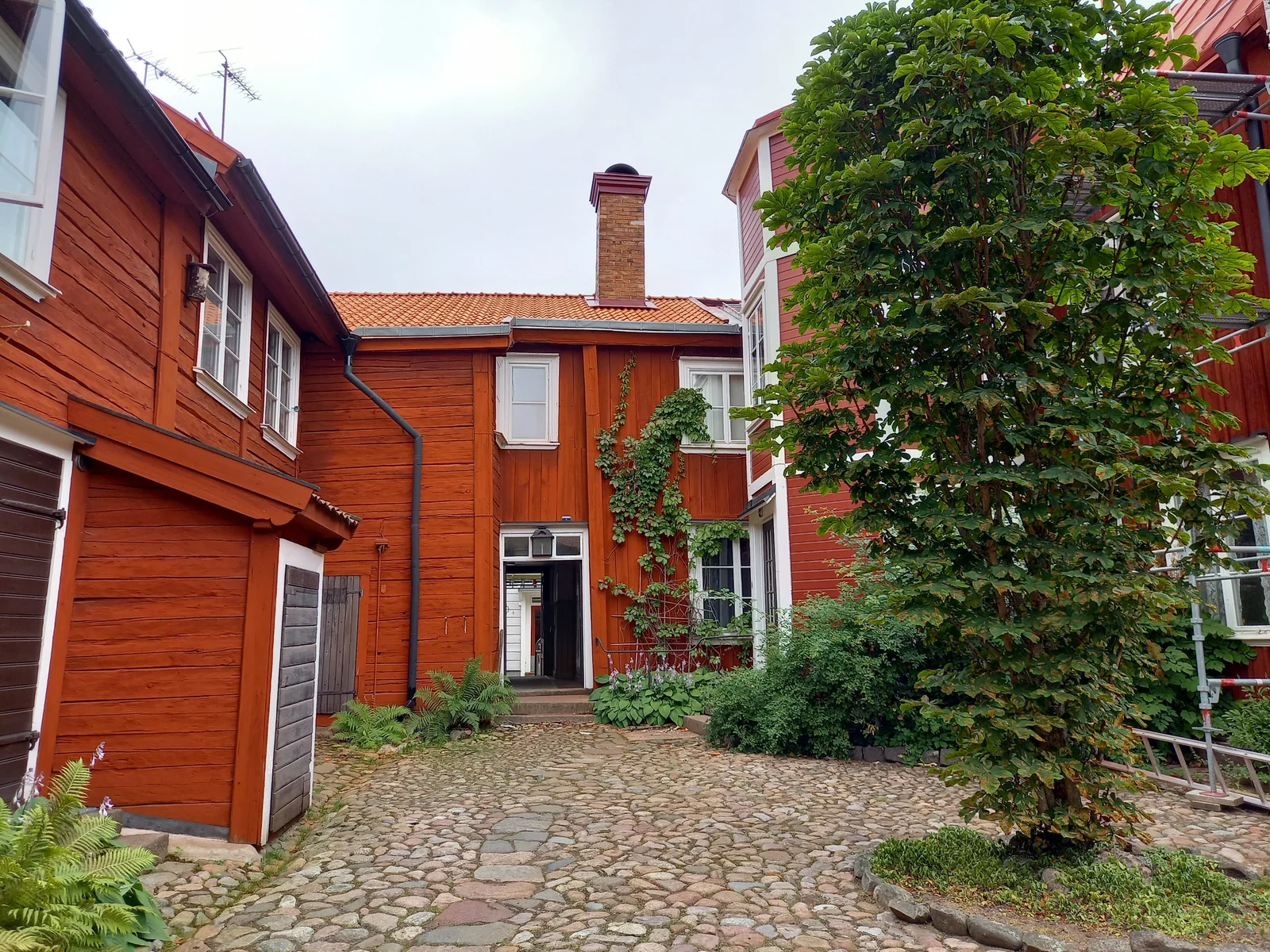
— Sometimes it seems that the Swedish Migration Service is a whole lottery agency. Although deadlines for reviewing documents exist, in practice they are almost never adhered to: there is an excuse for everything like “unfortunately, we are very busy right now, so reviewing the case takes longer”.
It turns out that two people located in the same city and trying to get legalized on the same grounds may face completely different results: one will wait a couple of weeks or a month for a decision, another – for years. Unfortunately, it is rarely possible to influence the situation.
Obtaining citizenship is possible only if you have a permanent residence permit, which, in turn, is issued after a residence permit. Official deadlines may vary depending on the basis. For example, in my case (family reunification), the current situation is this: I have the right to apply for citizenship after three years of living in Sweden and having permanent residence. Recently, a number of other requirements were introduced, for example, knowledge of the language and income. In general, compared to the situation 10-15 years ago, legalization in Sweden has become more difficult.


The advantages of living in Sweden
— For me, nature has always come first in Sweden. The main value, no matter where I live: nature should be within walking distance. I love visiting numerous islands and walking along the sea. I have had this love since childhood. My favorite places in the country are the island of Gotland and the west coast with villages dotted with snow-white houses.
One of the big advantages is the presence of a limit when purchasing medications. This is very helpful for chroniclers. If you need to take expensive pills regularly, there is no need to save on them: once the limit (currently 2600 Swedish kronor - about 230 euros) has been reached, the medicines can be received free of charge until twelve months have passed since the first payment for prescription drugs. For comparison: a month comes out to approximately 216 crowns, which approximately corresponds to the cost of one and a half lunches.
One of the unusual advantages is the ability to take a taxi if something happens to public transport. It works like this: let’s say your train has been canceled, and it’s impossible to get to the place you need using an alternative method. In this case, you simply call a taxi, pay for it and send a check to the Stockholm transport service. After some time, your money is returned. Of course, if you wait 10-15 minutes until the next train, the money is unlikely to be returned, but cancellations are often associated with accidents or bad weather, so we can be talking about hours of waiting.
Another advantage of living in Sweden for me is the compactness of the cities. Even Stockholm is a relatively small city. However, such a scale may also seem like a disadvantage: in a short time it is quite possible to visit all the central regions and get bored.


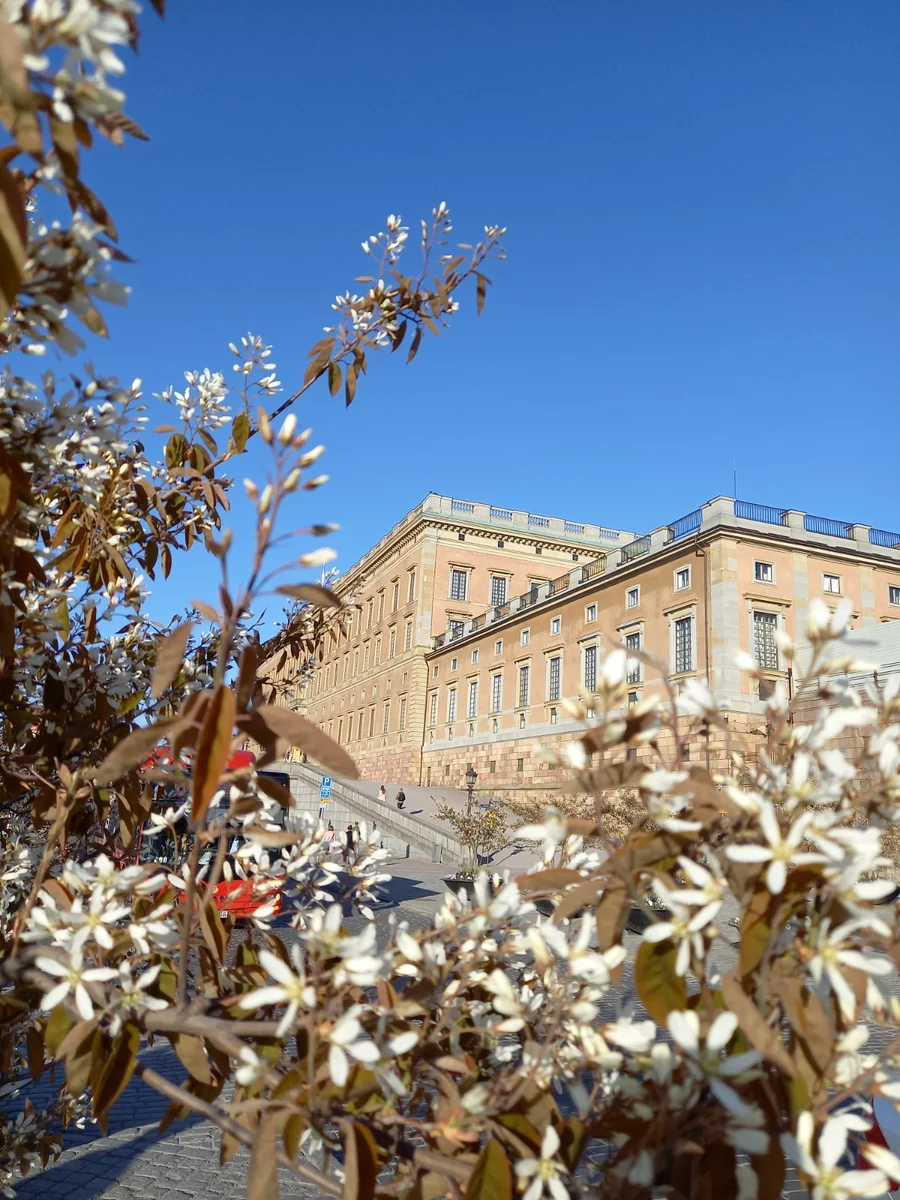

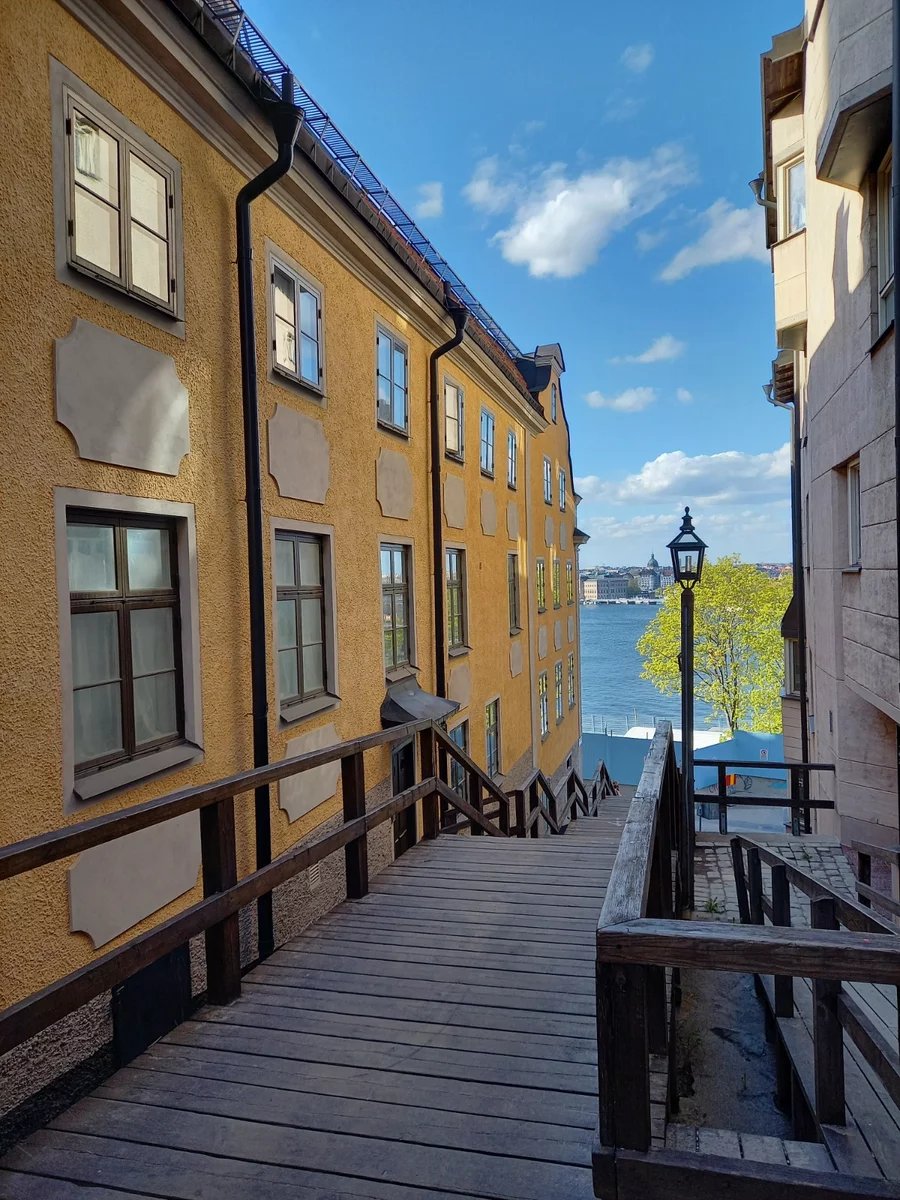

The disadvantages of life in Sweden
— When it comes to the disadvantages of Sweden, the majority unanimously name medicine. You can wait several hours in the emergency room if your life is not in danger. There are often long queues to see specialists: for example, I waited for an appointment with a neurologist for almost six months. However, in my case the situation was not an emergency; Perhaps, if there was an urgent need, an appointment would have been scheduled earlier.
One of the big disadvantages for me is the lack of convenience stores. For example, I need to travel 10 minutes by bus to the nearest store. Yes, we live outside the city, but the population of our area is more than 13,000 people. But the church, kindergarten and school are a five-minute walk away.
When I first started traveling to Sweden, I was amazed at the punctuality of Swedish transport. Now the situation has changed - at least in Stockholm. To the classic jokes like “snow always falls suddenly” and “for some reason leaves fall on the rails in the fall” (both jokes are traditional reasons for transport collapse) were added the cancellation of trains and electric trains due to a lack of staff, reforms, and automation. Now I would prefer to use a car rather than public transport if possible.
Many people complain about poor service in hairdressers, beauty salons and nail salons. Personally, I have not encountered this, since I do simple manicures and basic cosmetic procedures myself, and my mother-in-law replaces my hairdresser.
In general, Sweden is a country that is more employee-oriented than customer-oriented. It is often much more important that an employee does not overwork or overexert himself than to provide a quality service. Calling departments is beyond reality. Sometimes you can spend an hour, if not more, in a telephone queue at the migration service or at a mobile operator. This kind of stupid waste of time depresses me; I'll probably never get used to it. There is not enough opportunity to solve the problem “here and now” in order to move on to other things.
Sweden is very specific when it comes to entertainment. Life in this country is divided into summer and winter. During the holidays, life is in full swing everywhere: festivals and concerts are organized, cafes and restaurants are crowded with people. In winter, everyone seems to hibernate: many museums (though not in Stockholm) are generally closed from October to April.
This year my husband and I had a vacation in August. In the middle of the month we could no longer get into some museums, visit craft workshops, or go to some islands by boat, because “the season was over.” In August!
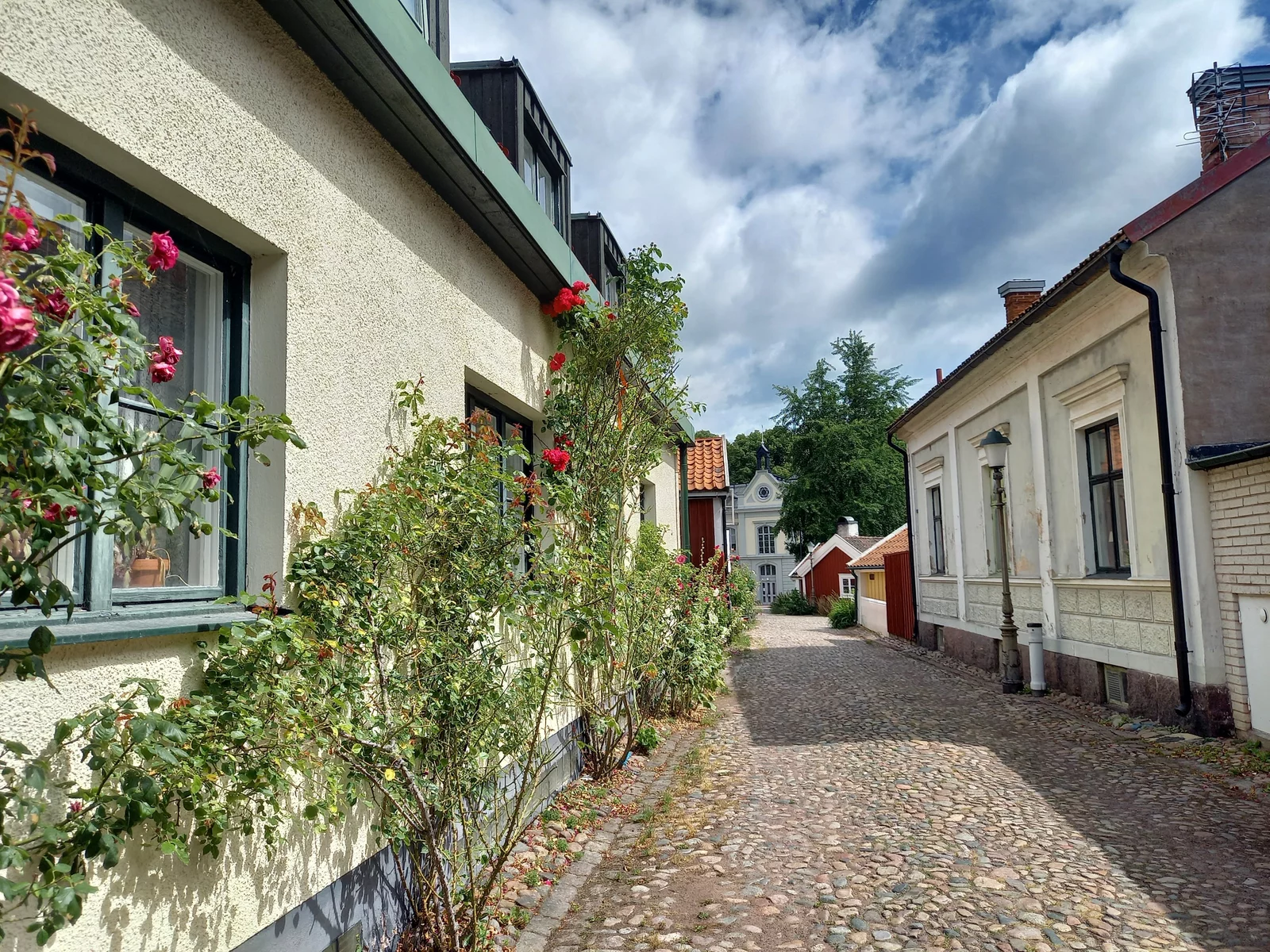
About Swedes and their attitude towards foreigners
— The Swedes, of course, do not have a hot southern temperament. They may seem closed and reserved, and even close friends will not always share their problems and concerns.
Today's Swedes have two main religions: Fika and Lagom. Fika is drinking coffee with some bun in the company of friends or colleagues. Therefore, if you want to meet a Swede, invite him to fika – it’s a win-win option.
“Lagom” can be translated as “in moderation; no more, no less". A kind of golden mean, moderation in everything: in food, in conversation, in views. A Swede is unlikely to endlessly argue with you about politics. He will leave the conflict silently, so that you won’t even notice. At the same time, in an aggravated situation, he can draw certain conclusions for himself and simply stop communicating with the person who almost drove him crazy.
Swedes see themselves as bright individualists, but in most cases they are not ready to take responsibility. Responsibility here is a collective concept. Swedes love consultations and redirection. Is there a problem? Try to pass it to another person. This is especially noticeable in the work of government agencies and banks.

— Many consider the Swedes to be two-faced: they say that at the official level migrants are welcome, but behind their backs they are almost hated. It seems to me that Sweden is not much different from other countries: as elsewhere, there is, of course, a certain percentage of people who believe that migrants take away jobs from the local population.
At the same time, in my surroundings there are quite a lot of mixed marriages, which means that in general Swedes have nothing against foreigners. The country also organizes many festivals that help to learn and understand other cultures. Foreigners are offered free language courses, and later training in a profession. Almost all libraries have books in other languages. Some libraries hold meetings where children are read stories in their language. Schools offer free classes in their native language.
By the way, school and higher education in Sweden are free (for citizens or those with a residence permit/permanent residence permit), and there are no age restrictions for entering universities.
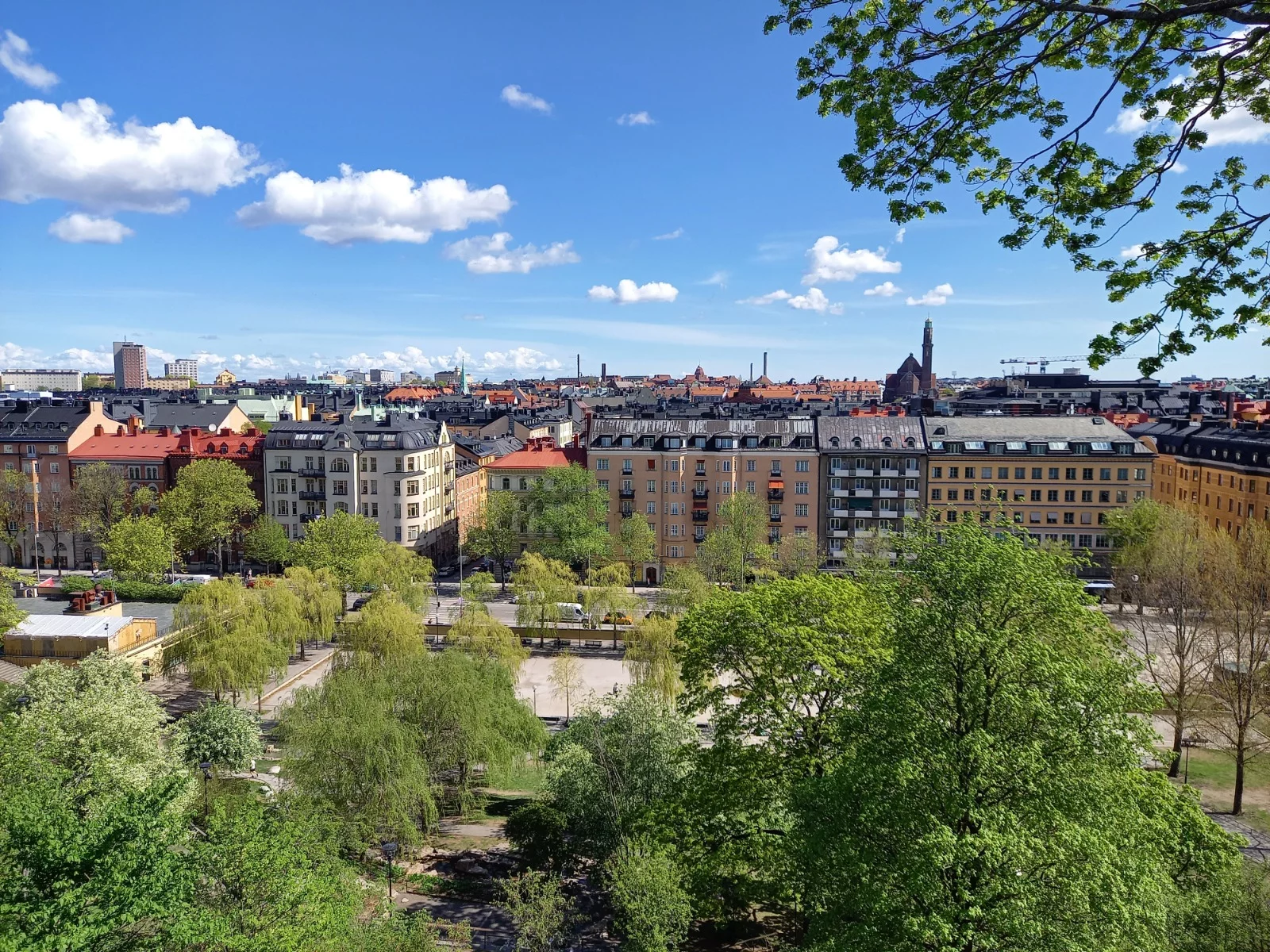
— Traditionally it is believed that Swedes speak English so well that there is no need to learn Swedish. Indeed, if we are talking about “survival” — ordering food, finding directions, buying something — there will be no problems even in small towns.
And yet, for full integration, a language will be needed. Discussions at all coffee breaks – a mandatory ritual in most offices – will be held in Swedish, with the exception of large international companies where a large percentage of foreigners work. City and regional events are also held in Swedish. Announcements and news are given in Swedish. And in general: it is impossible to become a full-fledged part of society without speaking its language.

Prices, jobs and living standards in Sweden
— Sweden is considered a country with a high standard of living. They usually say: approximately 22-30% (depending on the type of housing) of the budget is spent on housing and utilities, 15% on transport, 13-14% on food.
Over the past two years, electricity prices have risen significantly in Sweden. Many choose not a fixed cost of electricity per month (previously, the costs when choosing this type of service were more expensive), but payment per kilowatt. There is no division into morning, afternoon and night hours. The cost per kilowatt is traded and varies throughout the day. They learn about the price the day before and, if possible, try to adjust: for example, do not do laundry, do not turn on the heating boiler, do not cook.
Electricity is most expensive in winter. The December before last seemed to many to be a record year compared to previous years: they paid two and a half times more for it. Last December broke this record, although the state partially paid off the excessively high cost. What will happen this year is still unknown.
For example: on December 5, 2023, one kilowatt at maximum cost more than 5 kroner, while in the fall we paid 2-3 öre for it (this is a bargaining chip in Sweden; 1 CZK = 100 öre). It happens that the cost of a kilowatt goes into the negative: it turns out that we are, as it were, paid for using electricity. But in practice, of course, we don’t receive any money: negative indicators are extremely rare and this minus is always insignificant (slightly less than one öre).
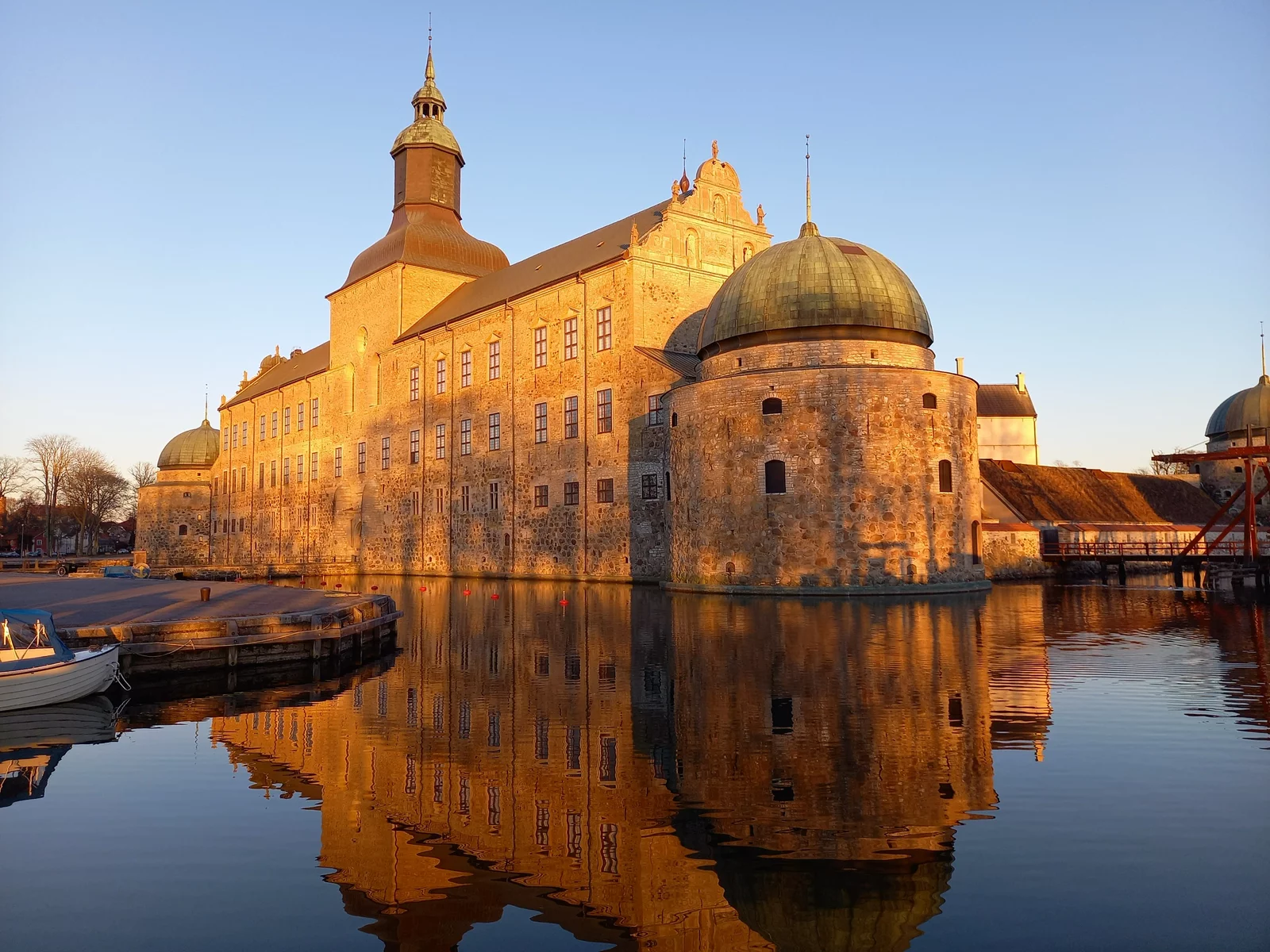
— The cost of public transport depends on the municipality. In Stockholm, for example, a monthly pass for all types of transport costs 970 CZK (86 euros), a single ticket for 75 minutes, covering all types of transport, costs 39 CZK (3.5 euros).
Grocery costs can also vary depending on the family and municipality. In general, it is estimated that one adult cooking all their meals at home will spend around 3,700 CZK per month (about 327 EUR).
According to statistics, a single person needs about 9,500 CZK (about 840 euros) per month to live; a family with children - about 25,000–30,000 CZK (2200–2650 euros).
As for average salaries, in 2022 it was 37,500 CZK (3,314 euros) per month. The salary is always indicated before deduction of tax, which in this case will be about 30%. The tax system in Sweden is progressive, meaning the more you earn, the more you pay.
Don’t forget that the average salary is like the average temperature in a hospital. There is no minimum salary in Sweden, but the “entry salary” for people without experience may well start from 23,000–25,000 CZK per month. Basically, cleaners, waiters, and staff caring for the elderly and sick receive this much.
The highest paid positions are, of course, management positions. Here salaries reach 85,000–100,000 CZK per month. Some medical specialists, such as surgeons, also earn the same amount. But we must take into account that the tax here will be completely different - about 50%.
For comparison: a highly qualified IT specialist at a management position will receive on average 77,000 CZK (about 6,800 euros).
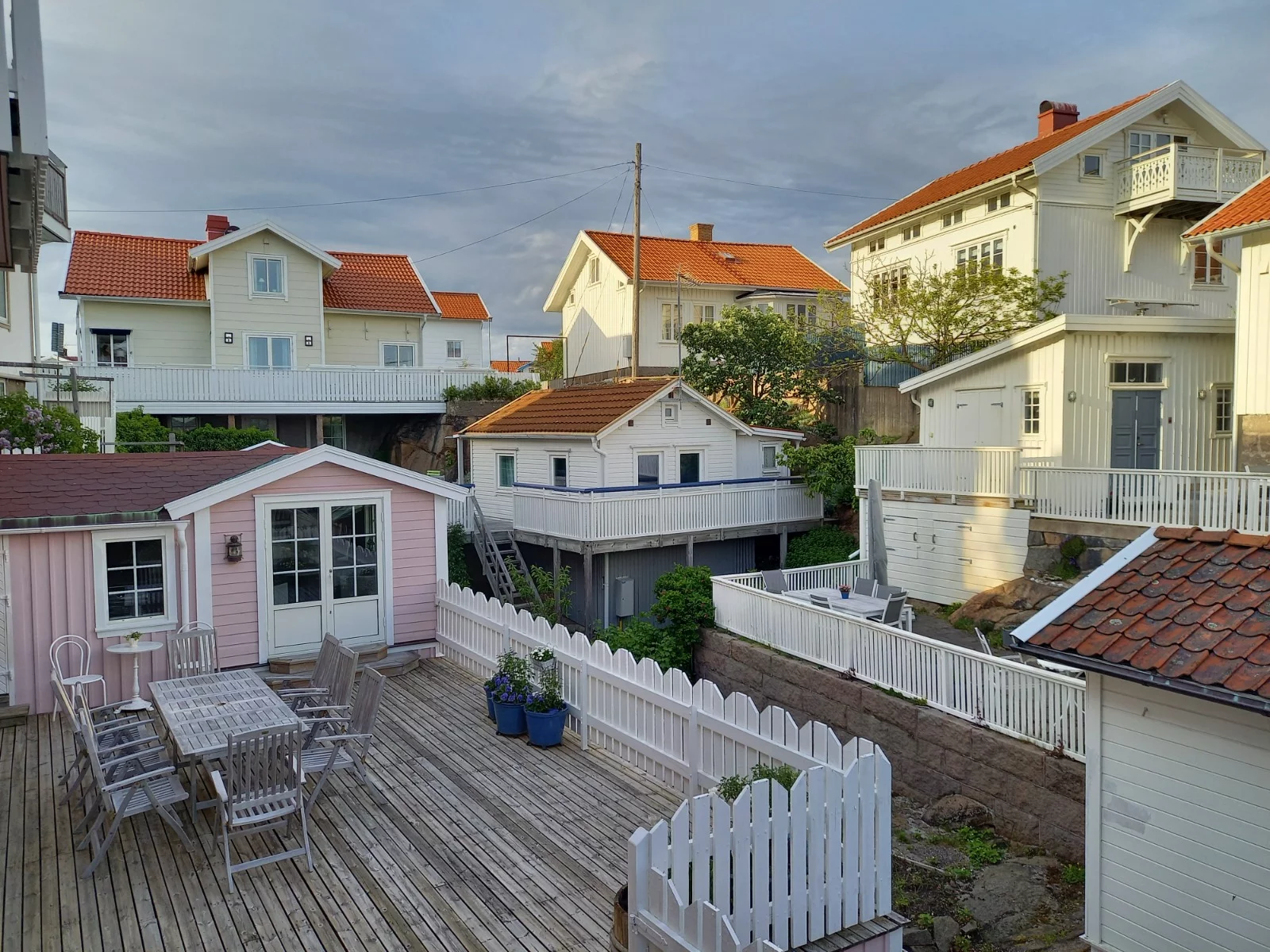
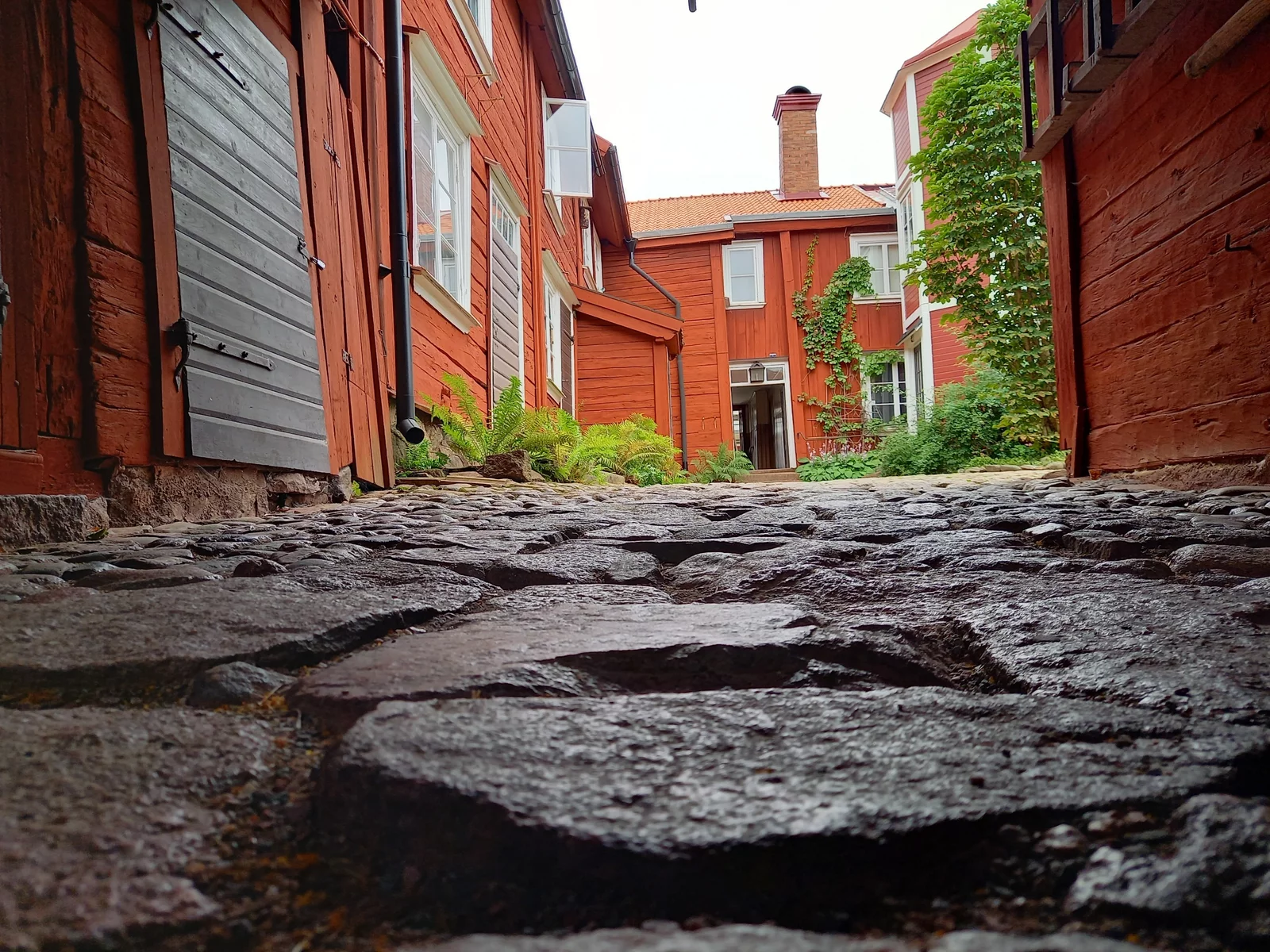
— It is currently believed that Sweden will experience a shortage of IT specialists by 2026; There will also be a shortage of doctors, midwives, nurses, dentists, teachers and so-called civil engineers.
You can find a job through the labor exchange, agencies that search for specialists, or through the LinkedIn network. It is quite common to apply for a job “by acquaintance”: a company may announce a vacancy, although there is already an applicant for it who came by recommendation.
Starting your own business in Sweden is quite easy: everything can be done online. The options are similar to individual entrepreneurs and LLCs. There is no “self-employed” option, but there is a so-called “interest activity”: for example, picking mushrooms and berries, embroidery, knitting can bring in a small income, but the upper limit of earnings is limited. Moreover, the purpose of such activity cannot be the actual generation of income. The responsibility for paying taxes and filling out declarations lies with the individual.


About buying and renting real estate
— Purchasing a home in Sweden is not an easy process. Almost everyone who wants to buy an apartment or house takes out loans. Housing costs vary; Stockholm traditionally has some of the most expensive apartments.
Rental prices also vary; in Stockholm it can be 2-3 times higher than, for example, in the north of the country. According to statistics, in the Täby area (about 16 km from the center of Stockholm) apartment rent is 70 sq. m. cost almost 11,000 CZK (972 euros) per month. Not only the condition of the housing is taken into account, but also the age of the building: the most expensive apartments are in new buildings, the cheapest are in houses from the 1960s-70s.
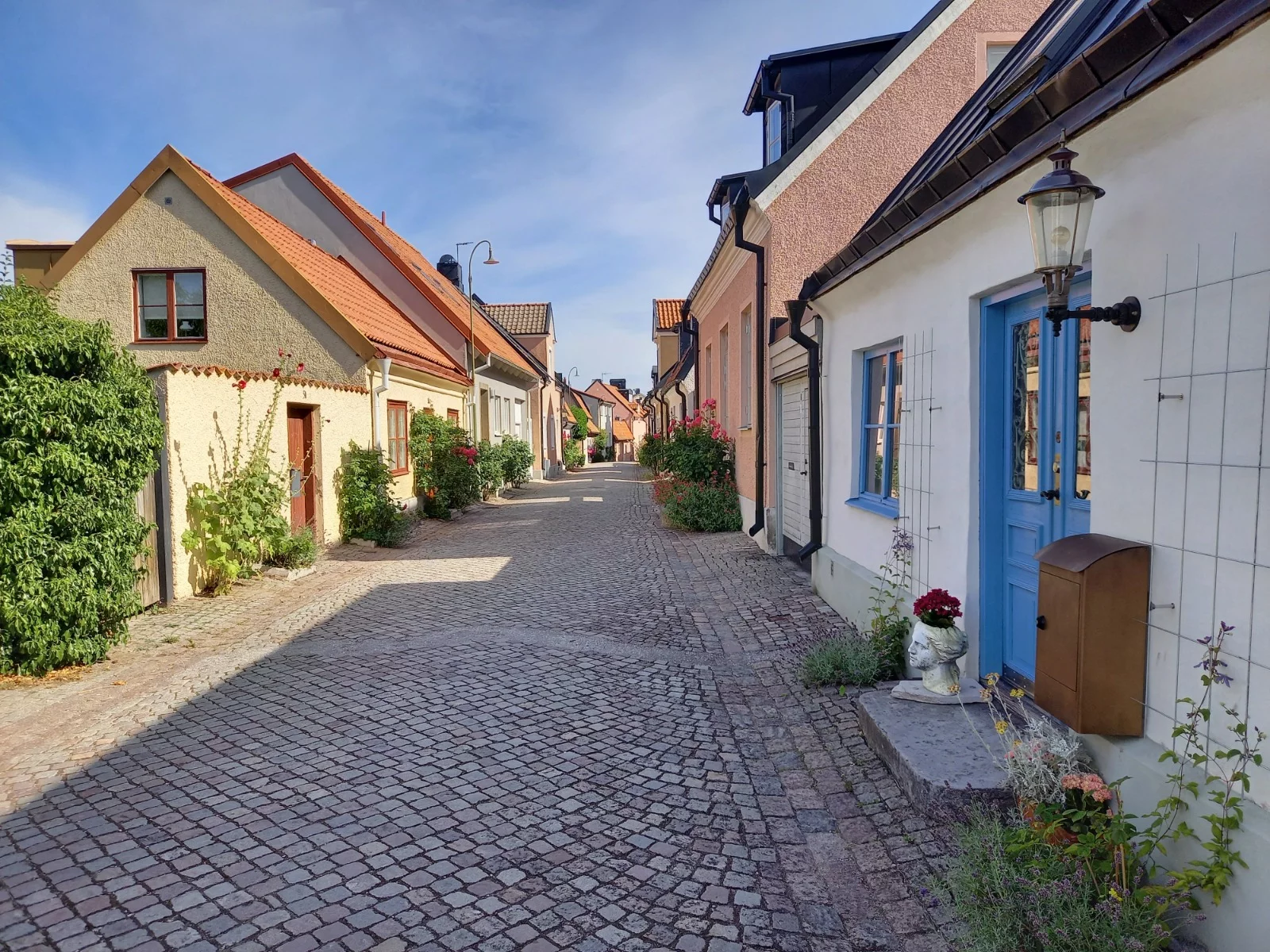
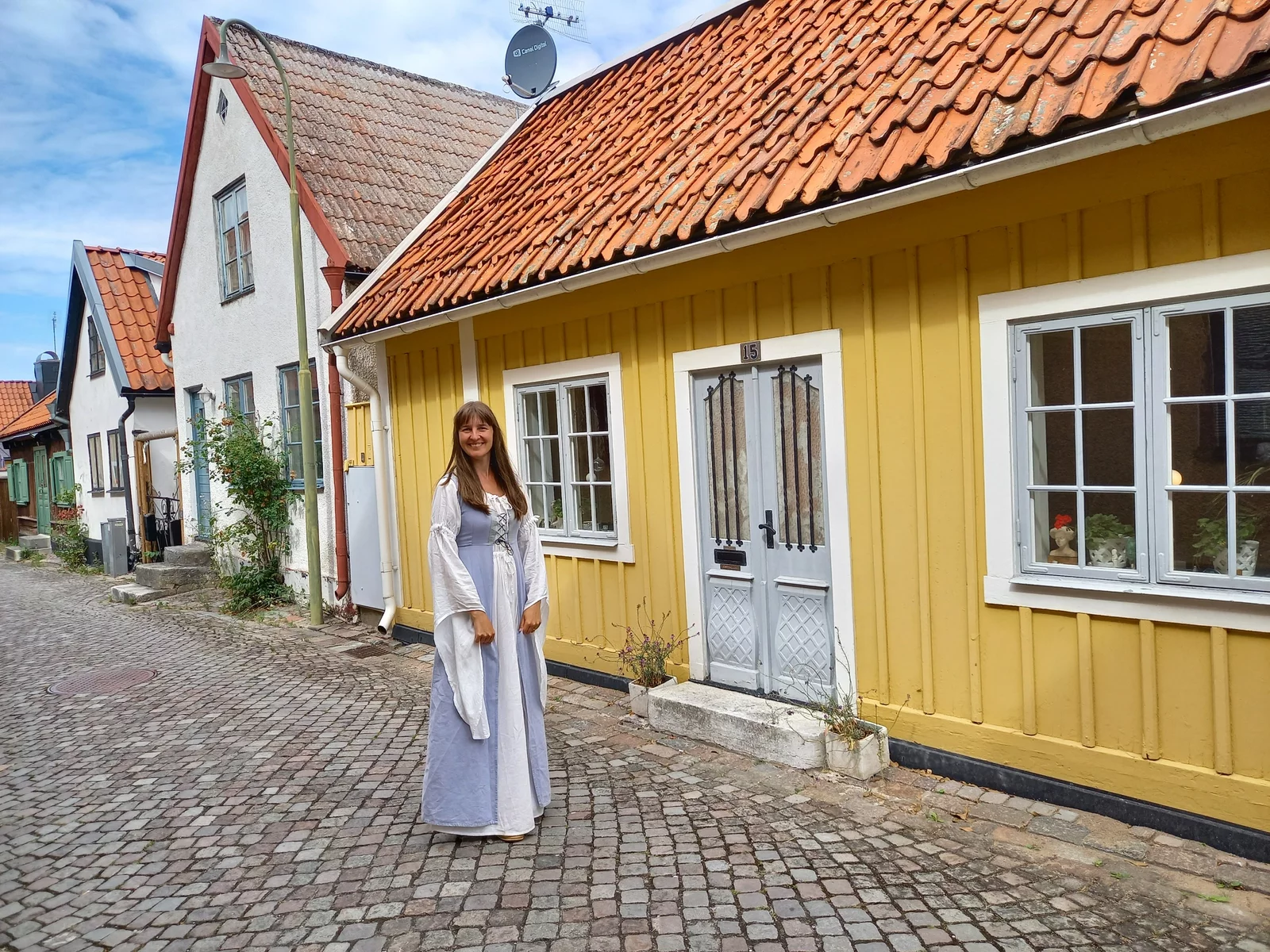
In Sweden, you can rent housing through first and second hands. Through first hands (for example, directly from the developer or construction customer) rent is more expensive, but more reliable. To receive such a contract, you must stand in line; Housing is provided for an unlimited time. At the same time, it cannot be sold, remodeled, or inherited. In a good area, the demand for such housing is very high, and sometimes you have to wait more than ten years.
A second-hand contract is a lease from private individuals. Good apartments go quickly, and the tenant may have special requirements, for example, having a permanent employment contract and a good credit history.
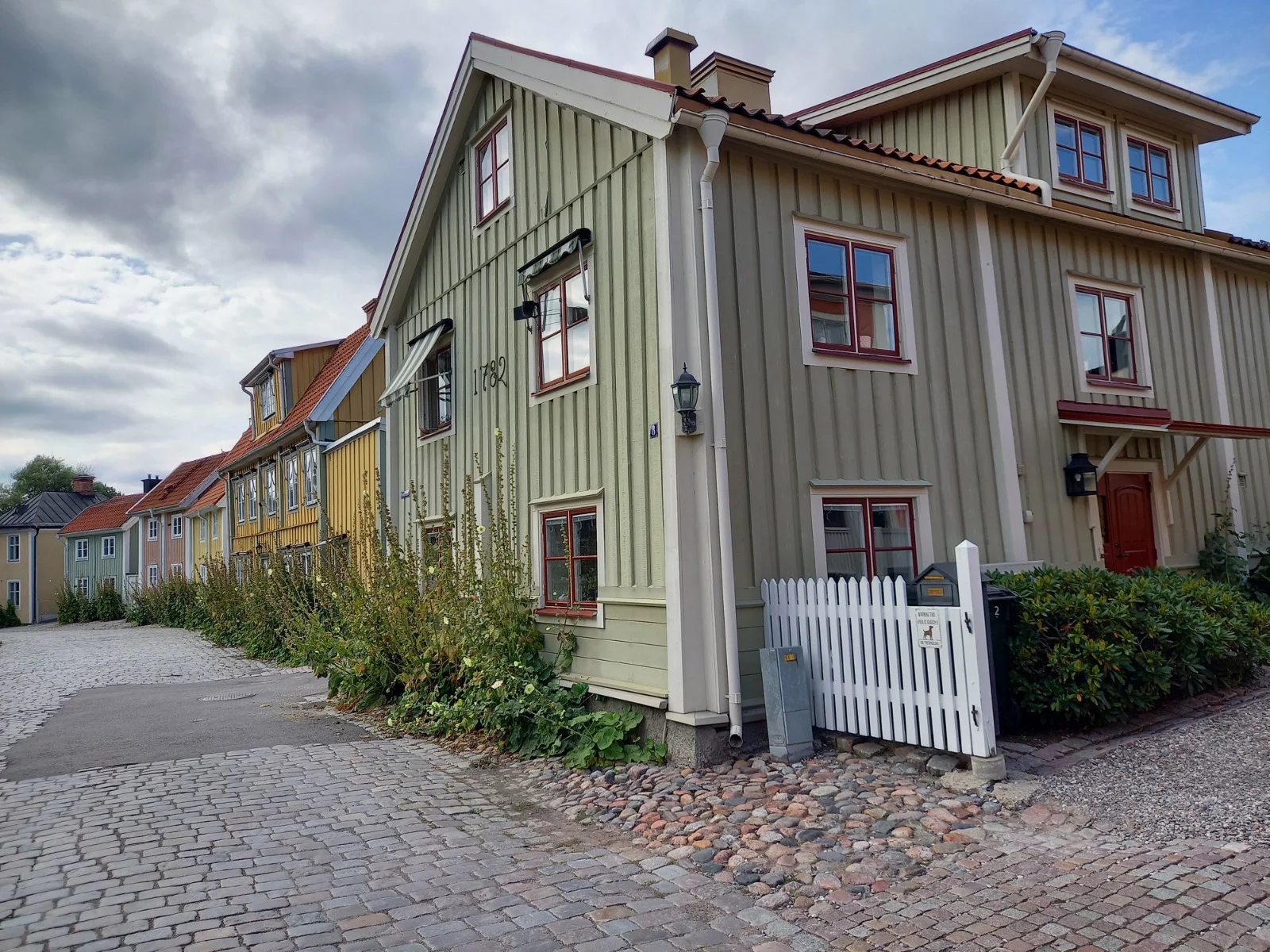
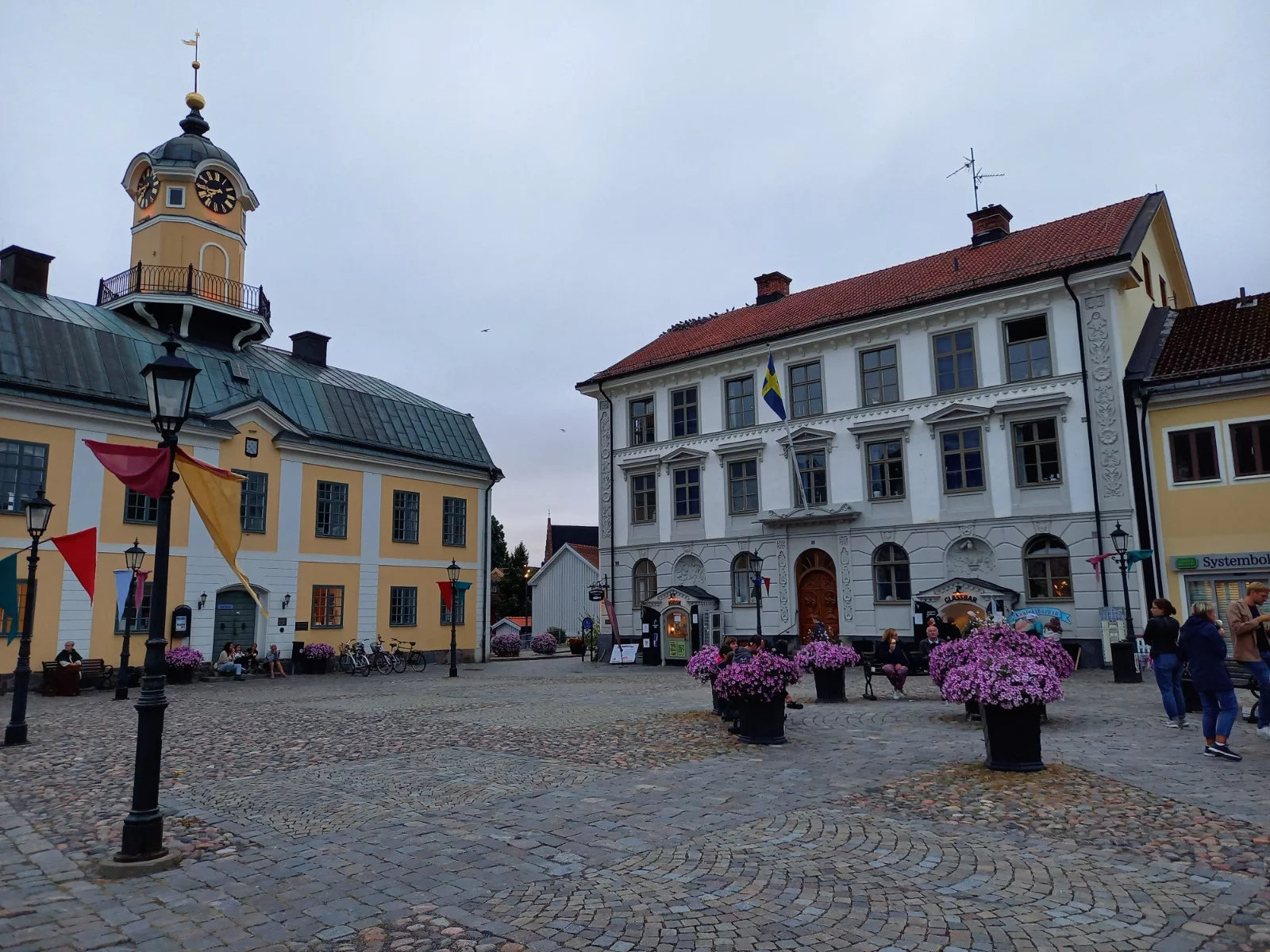
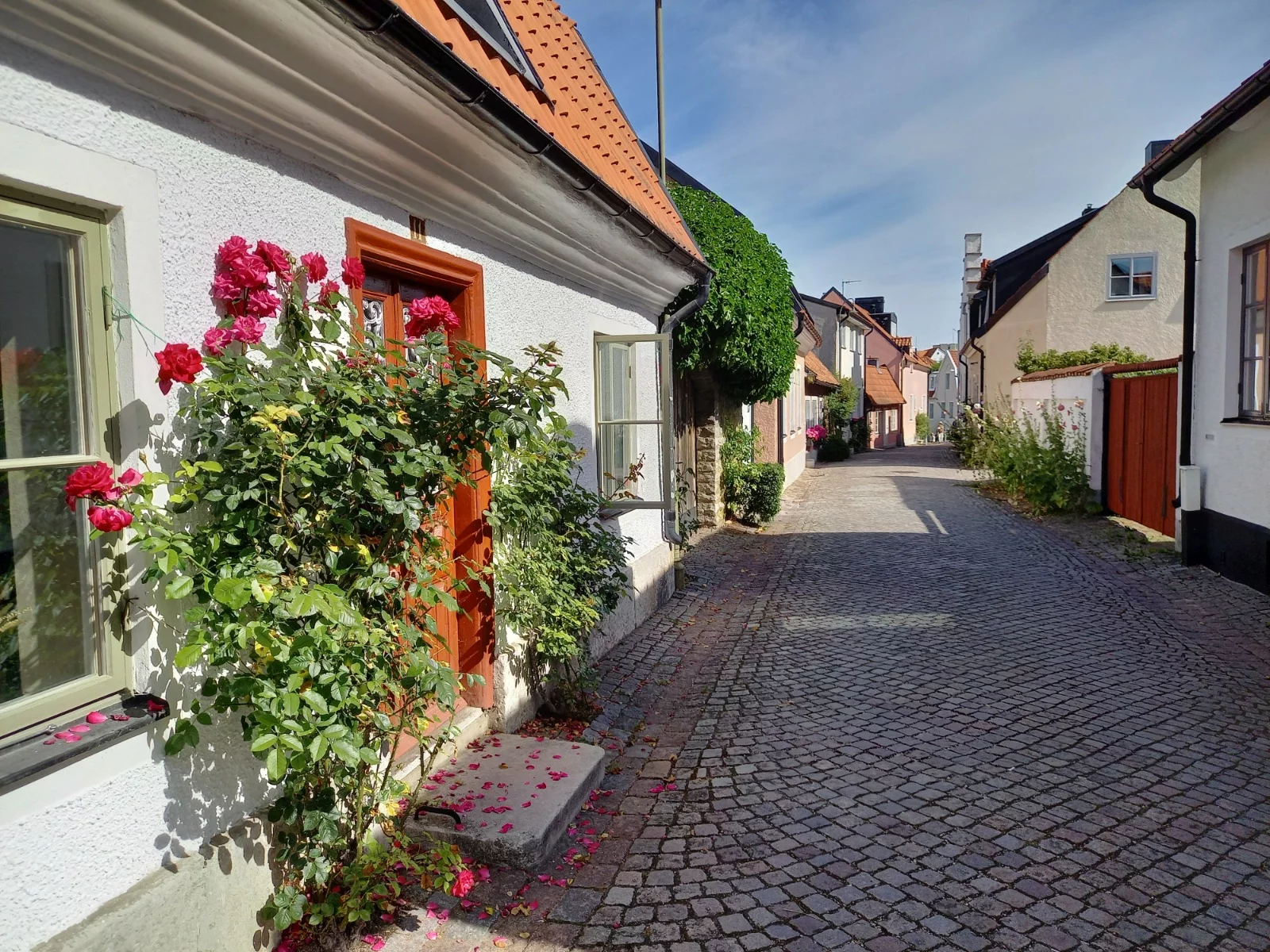
Who is Sweden suitable for?
— Sweden is definitely a country for those who are willing to put up with the lack of a variety of museums, especially art ones. For a “cultural program,” especially in winter, you will have to travel to other countries. And in Sweden itself, many interesting sights are located outside the cities, and getting to them without a car is sometimes problematic. So if you want to explore the country, make sure you have a driver's license.
But for sports and nature lovers there is no better country. Rock climbing, rafting, kayaking, golf, skiing, skating — all this is just a small part of the possible pastime. Be prepared for endless picnics, gatherings on cafe verandas, hiking — the Swedes also respect all this very much.
Sweden is also suitable for those who love a relaxed lifestyle. If you are not a fan of spontaneity, respect personal space and the desire to always be on your own in everything, Sweden is an ideal place to live.
If you do not have severe chronic diseases, and you do not need to constantly see doctors, Sweden is also for you.
If you don’t crave a career, but think that the most important thing is to be home on time, have a five-week vacation and the right to take four weeks of vacation in a row in the summer, then Sweden is heaven on Earth.


Do you want to share your personal experience of relocating and living in another country? Email us at info@realting.com. We will be happy to tell your story.
Author
I am responsible for editorial work. I write expert interviews and guides.























